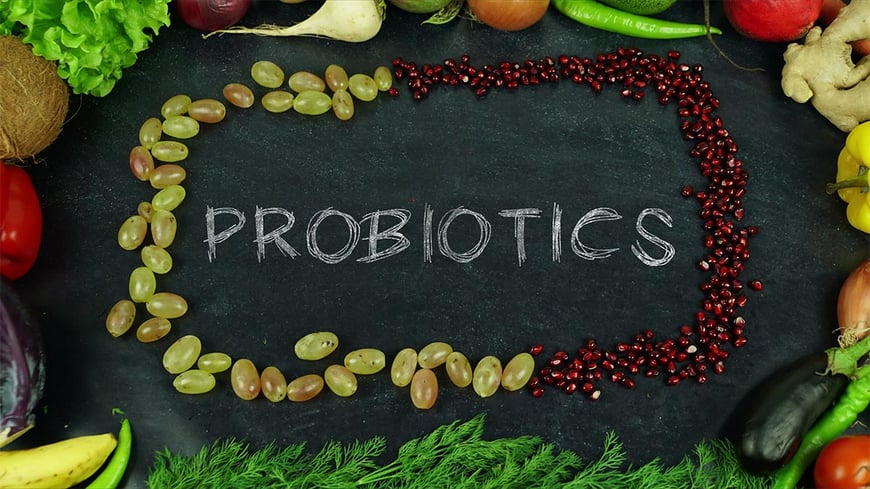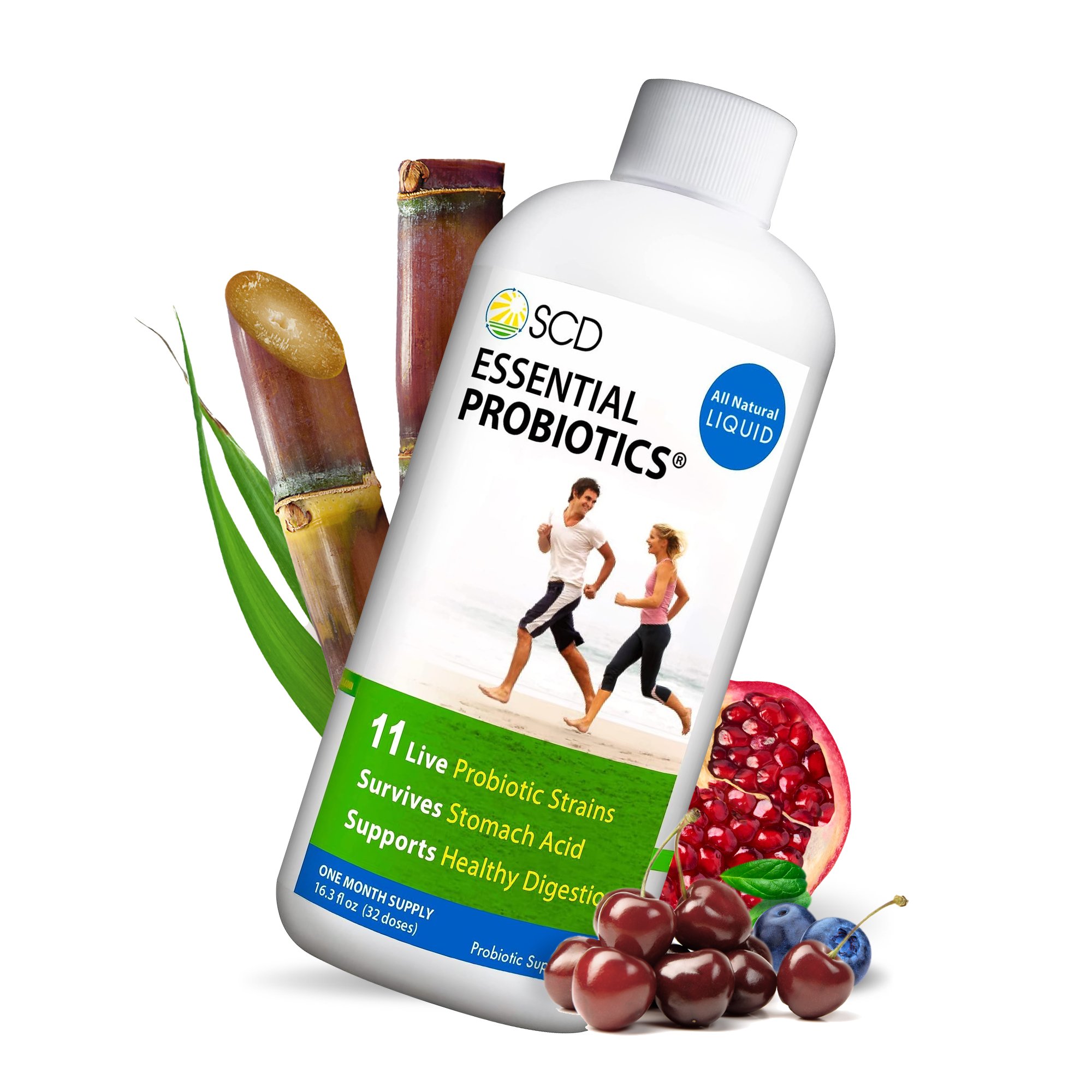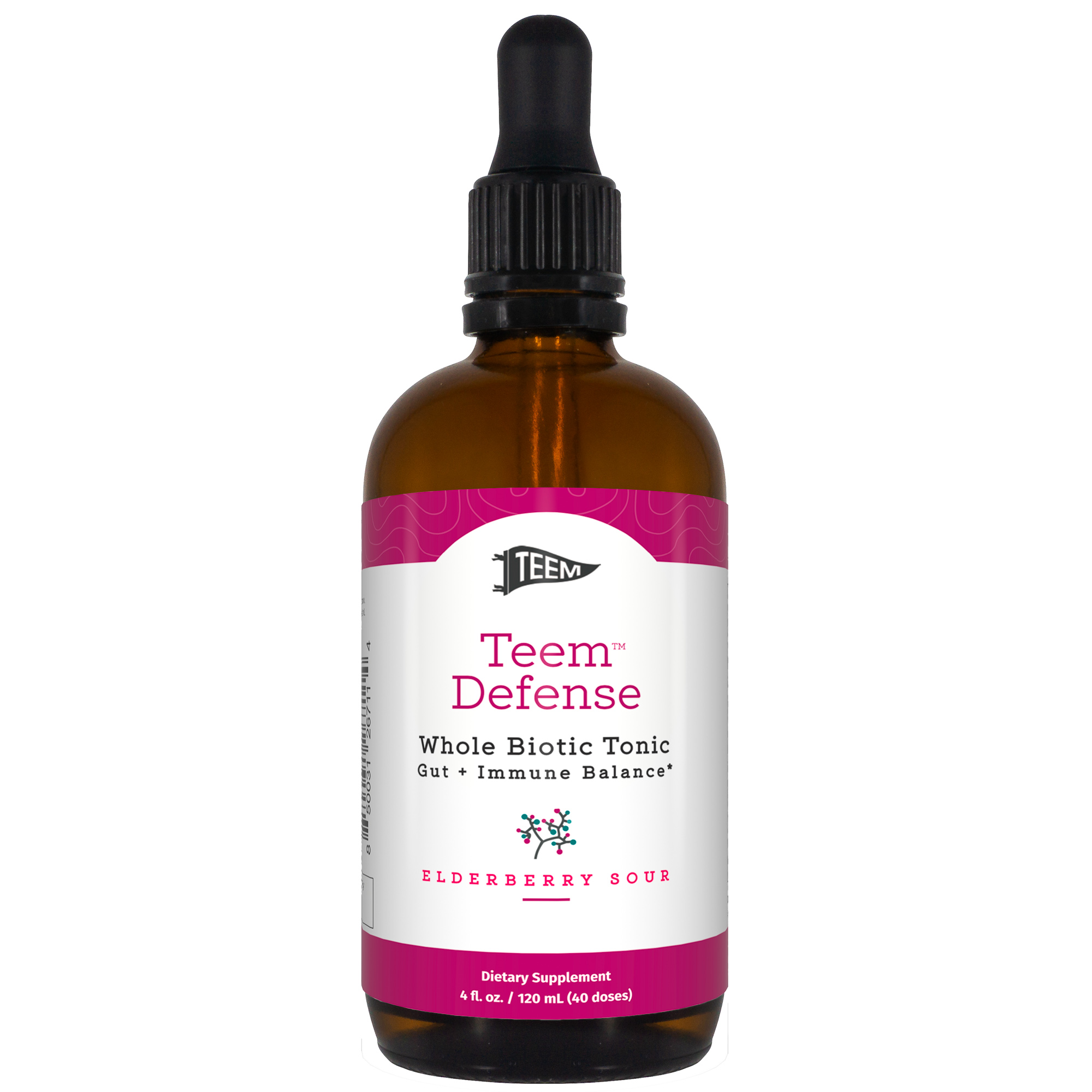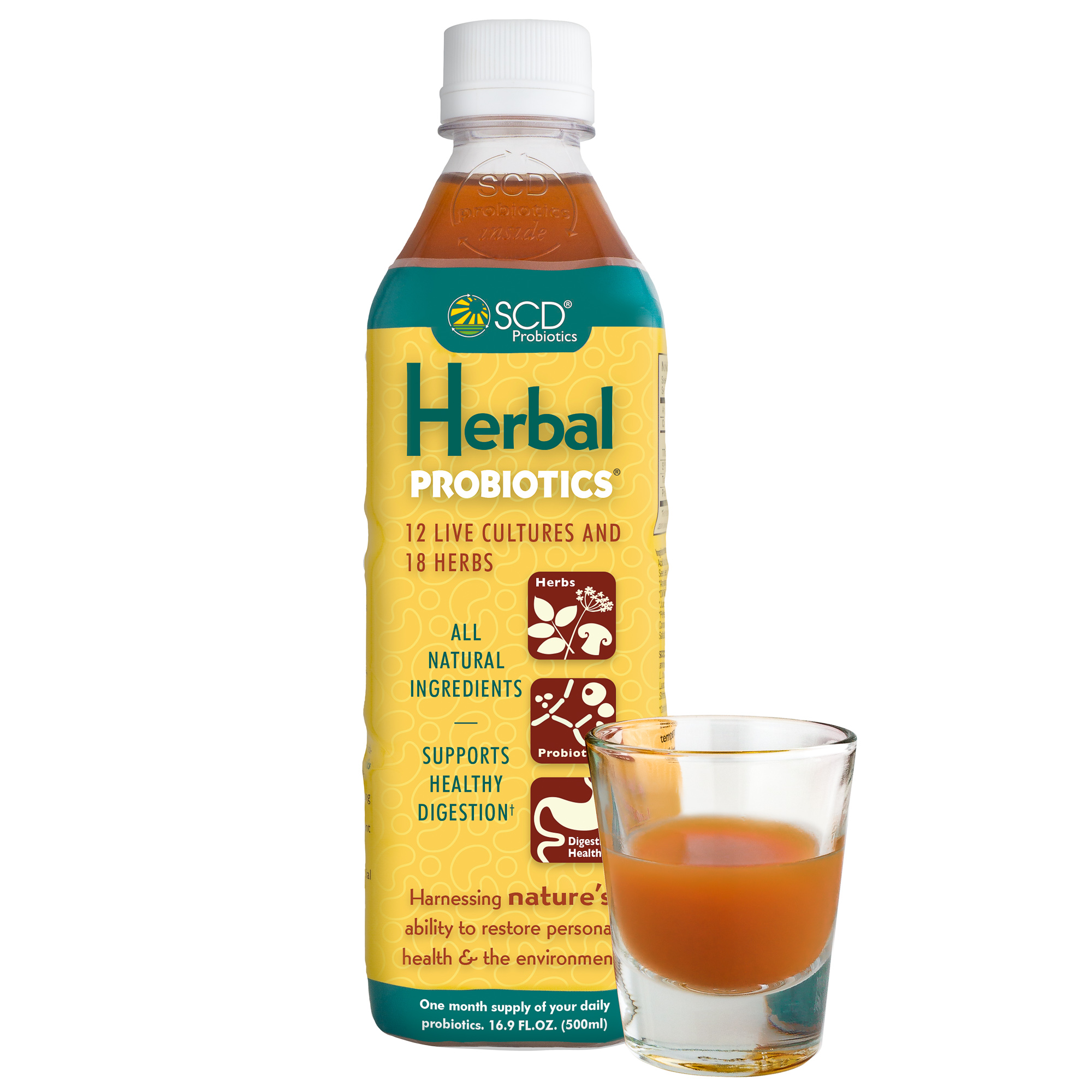Everything You Always Wanted To Know About Probiotics
Probiotics are a hot topic in the health and wellness community, and it’s no wonder why. Probiotics have been linked to a wide range of health benefits, ranging from improved digestive health to a strengthened immune system. But with so much information out there, it can be hard to keep track of the facts.
This blog post aims to provide an introduction to probiotics, exploring their potential benefits, how they work in the body, and how to know if they’re right for you. We’ll also look at the different types of probiotics available, make sure you understand the terms associated with probiotics, and answer some of the most commonly asked questions about probiotics. By the end of this post, you should have a better understanding of probiotics and be able to make an informed decision about whether or not to include them in your daily health regimen.
1. What are probiotics?
Probiotics are beneficial bacteria and other microorganisms that are found in certain foods and supplements. They are “good” bacteria that can help keep your gut healthy and promote a healthy digestive system. Probiotics can help with digestion, boosting your immune system, and even improving your mental health. Probiotics can also help restore balance to your gut bacteria, which can be disrupted by antibiotics, poor diet, and stress. They may even help reduce inflammation, which can lead to a range of health problems, including allergies, asthma, and heart disease.
2. Benefits of taking probiotics
One of the primary benefits of probiotics is improved digestive health. Probiotics are beneficial bacteria that help to break down food, promote nutrient absorption, and keep your gut functioning properly. Additionally, probiotics can help to regulate your body’s production of hormones, supporting your overall health. Probiotics can also help to reduce inflammation and may even reduce the risk of some diseases, including type-2 diabetes and Crohn's disease. Finally, probiotics may also aid in weight management, as some studies have shown that regular probiotic ingestion can help to reduce body fat and waist circumference.
3. Different types of probiotics
Probiotics are beneficial bacteria that can be found naturally in the human body but can also be taken as a supplement in order to help improve your health and overall well-being. Probiotics come in many different forms, each offering unique health benefits and specializations. The three main types of probiotics are lactic acid bacteria, bifidobacteria, and Saccharomyces boulardii. Lactic acid bacteria are helpful for digestion and restoring the balance of bacteria in the gut, bifidobacteria help keep the immune system healthy, and Saccharomyces boulardii helps to reduce diarrhea and constipation. Taking the right type of probiotic can help improve digestion and overall health.
4. Foods containing probiotics
One of the best ways to get your daily dose of probiotics is to include foods containing them in your diet. Many fermented foods are naturally rich in probiotic content, including yogurt, kefir, tempeh, miso, and sauerkraut. In addition, you can find probiotics in some non-fermented foods, like apple cider vinegar, some cheeses, and specialty bread. Probiotic supplements are also widely available if you’d like an easy way to get your daily dose. But if you’d like to include probiotics in your diet through food, start by adding fermented foods to your grocery list.
5. How to choose the right probiotic for you
Choosing the right probiotic for you can be a bit of a challenge. There are many different types of probiotics and many different strains of beneficial bacteria to choose from. To make the best choice, it is important to understand what kind of probiotic will best support your health.
First, consider the type of probiotic you need. If you are looking to improve digestion and gut health, look for probiotic supplements that contain Lactobacillus or Bifidobacterium. If you are looking to improve your immune system, choose a probiotic supplement with Saccharomyces or Streptococcus.
Next, look at the potency of the bacteria in the supplement. Generally, a higher CFU (colony forming units) count per capsule is associated with more effective probiotics. It is also important to make sure that the probiotic contains the strains you need.
Finally, consider the cost of the supplement. Look for the best value based on price, potency, and the number of strains. This will help you find the supplement that is best for your needs.
Conclusion
In conclusion, probiotics can be a great means to promote digestive health and boost your immune system. However, it's important to remember that probiotics are not a cure-all and may not be right for everyone. Before beginning a probiotic regimen, it's important to speak with your doctor to ensure that the supplement you choose will be beneficial to you. Additionally, monitoring your diet and lifestyle can help ensure that your gut is getting the nutrition it needs. With the right knowledge and guidance, probiotics can be a great addition to your wellness routine.
To know more about probiotics, check out our probiotics for Gut Health.







